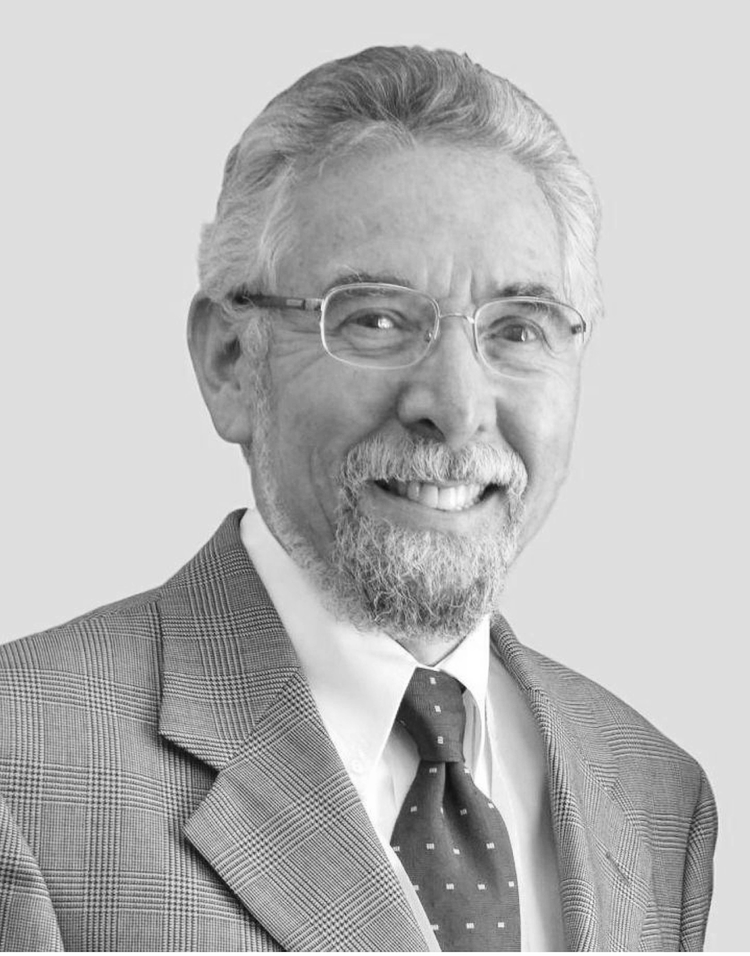This post is also available in: English Español
Francisco Villagrán de León, known to all as Paco, was a Guatemalan diplomat of extraordinary accomplishment and impact. His death on Saturday, May 18, at 70 years of age was a source of distress and sorrow for his family and friends, and for all who had worked with him across five decades of professional life as a career diplomat, scholar, writer, and political activist.
Paco’s career mirrored Guatemala’s democratic trajectory. He served as Vice-Minister of Foreign Affairs in the democratically elected government of President Vinicio Cerezo, the first such government since 1966. He then served in different instances as Guatemala’s ambassador to the United States (twice), to the United Nations, both in New York City and Geneva, and to Canada, Germany, and Norway. He also served as Guatemala’s Permanent Representative to the Organization of American States.
After retiring from Guatemala’s diplomatic service, Paco became a visiting scholar and an adjunct professor at the Elliott School of International Affairs at George Washington University. Building on an accomplished academic record at Guatemala’s Rafael Landivar University, where he earned a law degree, and Georgetown University, where he earned a master’s degree in international relations, Paco became well known for his studies of the intersection between human rights, self-determination, and national sovereignty. His book, Soberania y No Intervención: Orígenes y Evoluciones, became a Spanish language basic text on these themes. Paco held fellowships at the US Institute of Peace and the National Endowment for Democracy.
Also in retirement, Paco became a founding member of the Guatemalan political party Semilla, and played an important role in the political campaign that won the presidency for Bernardo Arevalo. In this role, Paco became Arevalo’s unofficial envoy in Washington. He contributed to winning strong US and international support for the President-elect when the outgoing president and Arevalo’s political opponents attempted to block the peaceful transfer of power. Paco’s public life began and ended in the defense of Guatemalan democracy. For his extraordinary efforts to protect the democratic institutions of Guatemala, President Arevalo had named Paco his “Special Representative and Special Envoy” to the United States.
Paco’s eloquence, thoughtfulness, gentle humor, and soft-spoken ways hid a deeply rooted love for his country and its cultures, a fierce commitment to its democratic institutions and practices, and an embedded sense of integrity and fairness that defined his behavior as a diplomat and as a person. Those of us who knew him count ourselves lucky. We remember him with affection, respect, and admiration.


